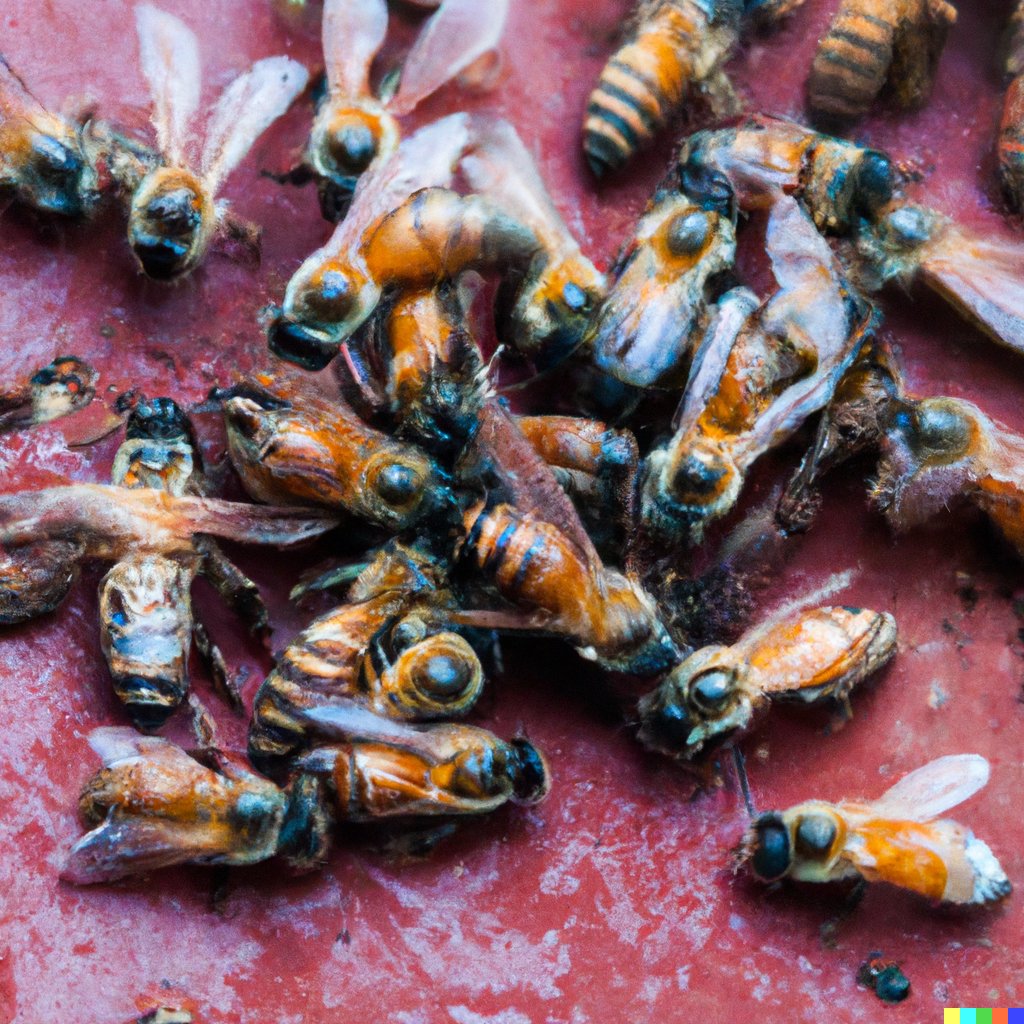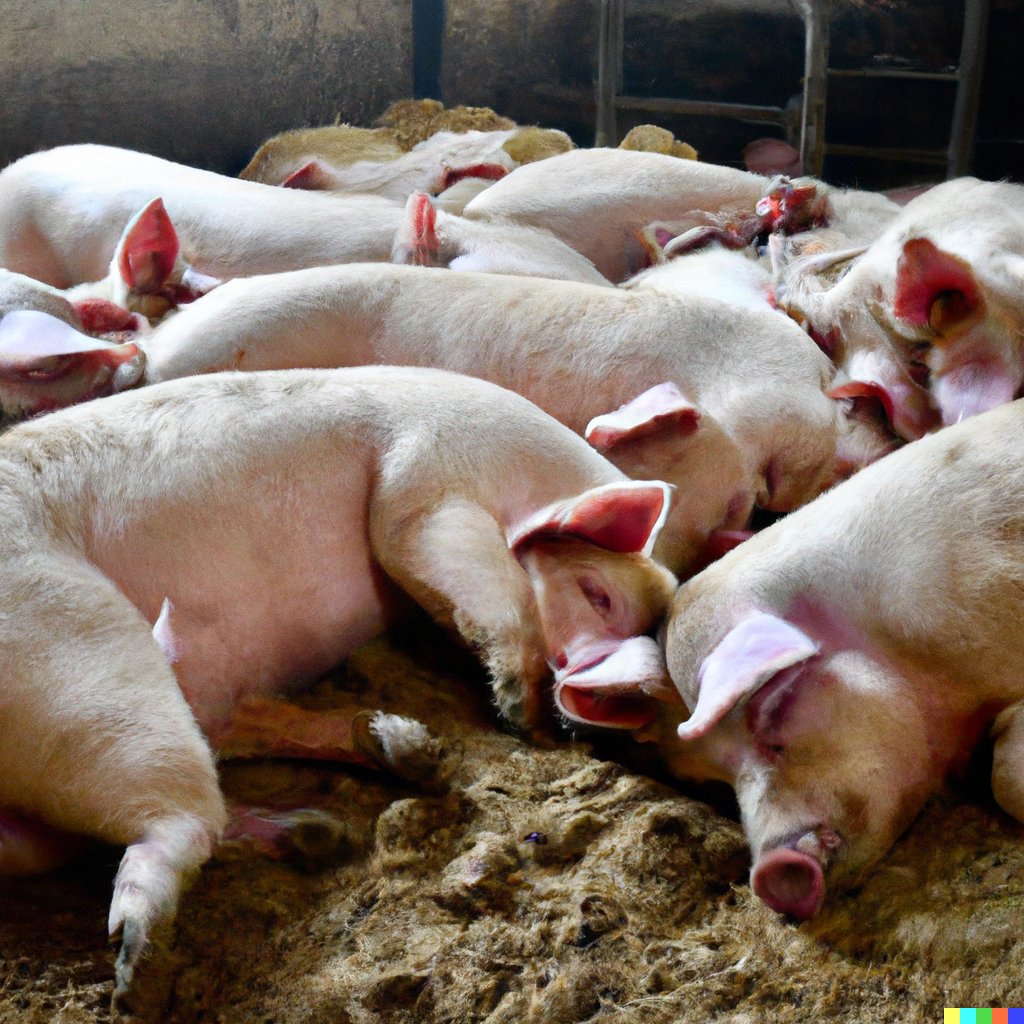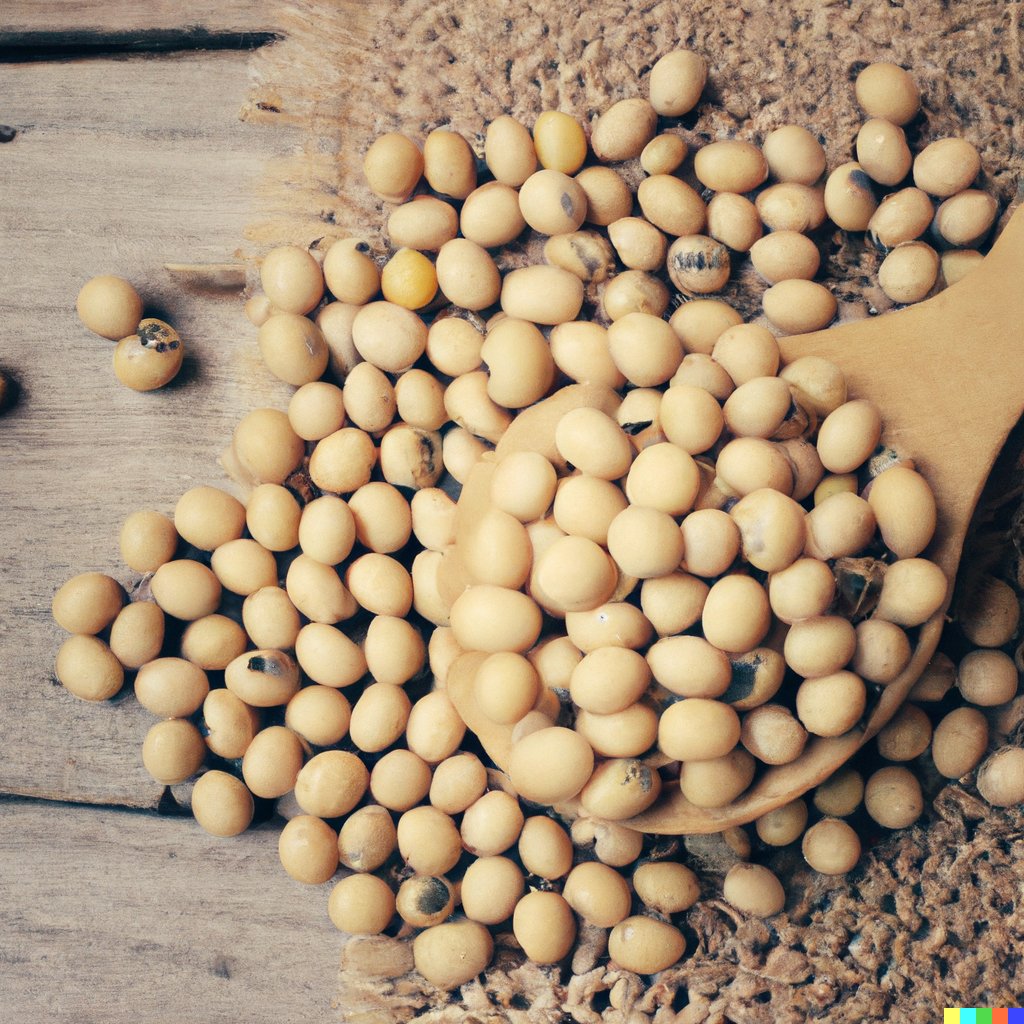
Pesticides are chemical substances used to control pests and increase agricultural productivity. While they play a significant role in food production, their use comes with potential harmful effects on both our food and the environment. Understanding these impacts is essential to promote safer and more sustainable agricultural practices. Here are some of the harming effects of pesticides:
1. Residue in Food:
Pesticide residues can remain on fruits, vegetables, and grains even after washing and processing. Long-term exposure to these residues through the consumption of contaminated food may pose health risks to humans, especially vulnerable groups like children and pregnant women.
2. Health Concerns:
Certain pesticides are linked to health issues, including neurological disorders, cancer, hormone disruption, and respiratory problems. Prolonged exposure to these chemicals through food consumption or occupational exposure can have serious health implications.
3. Harm to Beneficial Organisms:
Pesticides are non-selective and can harm beneficial insects like bees, butterflies, and other pollinators crucial for plant reproduction. Loss of pollinators can disrupt ecosystems and affect biodiversity.
4. Resistance in Pests:
Prolonged and excessive use of pesticides can lead to the development of pesticide-resistant pests. This results in the need for stronger, more toxic chemicals, creating a harmful cycle.
5. Soil Degradation:
Pesticides can harm soil quality and beneficial soil organisms, affecting its fertility and disrupting the balance of the ecosystem. Impaired soil health can lead to reduced crop yields and increased reliance on synthetic fertilizers.
6. Water Contamination:
Pesticides can leach into groundwater and contaminate surface water bodies through runoff. This can impact aquatic life and pose risks to human health if water sources become contaminated.
7. Harm to Non-Target Species:
Pesticides may harm non-target species, including birds, mammals, and aquatic organisms, disrupting ecological balance and leading to unintended consequences for ecosystems.
8. Environmental Persistence:
Some pesticides are persistent and remain in the environment for long periods. This persistence can result in their accumulation in the food chain and increase exposure risks.
9. Threat to Natural Predators:
Pesticides can harm natural predators of pests, such as ladybugs and spiders, which provide natural pest control. Their decline can lead to increased pest populations and further pesticide use.
10. Impact on Farm Workers:
Farm workers who handle pesticides are at risk of acute and chronic health effects due to exposure. Proper safety measures and protective gear are crucial to minimize risks.
Frequently Asked Questions (FAQ) - The Harming Effects of Pesticides in Our Food and Environment
1. Are all pesticides harmful to our health and the environment?
Not all pesticides are equally harmful. Some pesticides are designed to be less toxic and have lower environmental impacts. However, even less toxic pesticides can still pose risks if used improperly or in excessive amounts.
2. How do pesticides end up in our food?
Pesticides can end up in our food through residues left on crops after application. They may also be used directly on food items, such as fruits and vegetables, to protect them from pests during storage and transportation.
3. What health risks are associated with pesticide residues in food?
Long-term exposure to pesticide residues in food has been linked to various health concerns, including cancer, neurodevelopmental disorders, hormone disruption, and reproductive issues.
4. Are organic foods completely free from pesticides?
Organic foods are produced using natural methods, and synthetic pesticides are prohibited. However, organic farming does allow the use of certain approved natural pesticides, so trace amounts of these substances may still be present in organic foods.
5. How can I reduce my exposure to pesticide residues in food?
You can reduce your exposure to pesticide residues by washing fruits and vegetables thoroughly under running water and, if possible, choosing organic produce. Peeling certain fruits and vegetables can also help reduce pesticide residues.
6. Can pesticides affect the quality of soil in agriculture?
Yes, pesticides can have adverse effects on soil quality. They can harm beneficial soil organisms, reduce soil fertility, and disrupt the natural balance of the soil ecosystem.
7. Do pesticides harm wildlife and aquatic organisms?
Yes, pesticides can harm non-target species, including wildlife and aquatic organisms. Runoff from agricultural fields can contaminate water bodies and negatively impact aquatic life.
8. What is integrated pest management (IPM)?
Integrated pest management (IPM) is an approach to pest control that focuses on using a combination of strategies, including biological control, crop rotation, and cultural practices, to manage pests while minimizing the use of pesticides.
9. Are there safer alternatives to chemical pesticides?
Yes, there are safer alternatives to chemical pesticides, such as biopesticides, botanicals, and pheromones, which are less harmful to the environment and human health.
10. How can farmers adopt sustainable pest management practices?
Farmers can adopt sustainable pest management practices like crop rotation, using pest-resistant varieties, encouraging natural predators, and practicing proper irrigation and fertilization techniques.
11. What can consumers do to support pesticide reduction efforts?
Consumers can support pesticide reduction efforts by choosing organic produce, encouraging sustainable farming practices, and advocating for policies that promote safer pest management methods.
12. What is the role of government regulations in pesticide use?
Government regulations play a crucial role in monitoring and controlling pesticide use. They set safety standards, establish maximum residue limits in food, and regulate the registration and use of pesticides.
By being aware of the potential harming effects of pesticides and supporting sustainable and responsible pest management practices, we can work towards safeguarding our health and the environment.
Promoting Safer Alternatives:
To mitigate the harming effects of pesticides, promoting integrated pest management (IPM) practices can be beneficial. IPM involves using a combination of cultural, biological, and chemical control methods, reducing reliance on harmful pesticides while ensuring effective pest management.
By understanding the potential harming effects of pesticides, we can make informed choices about the food we consume and support sustainable farming practices that protect both our health and the environment.

















